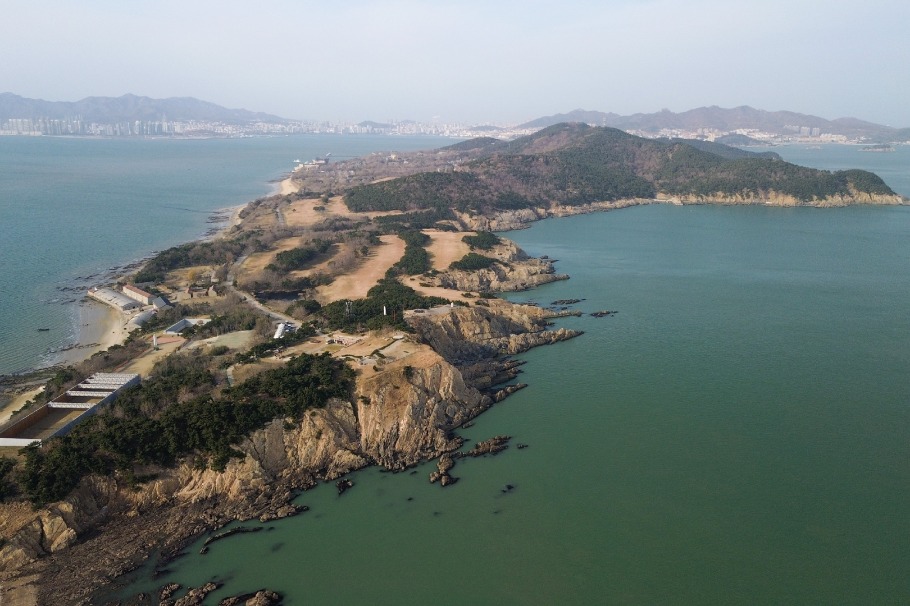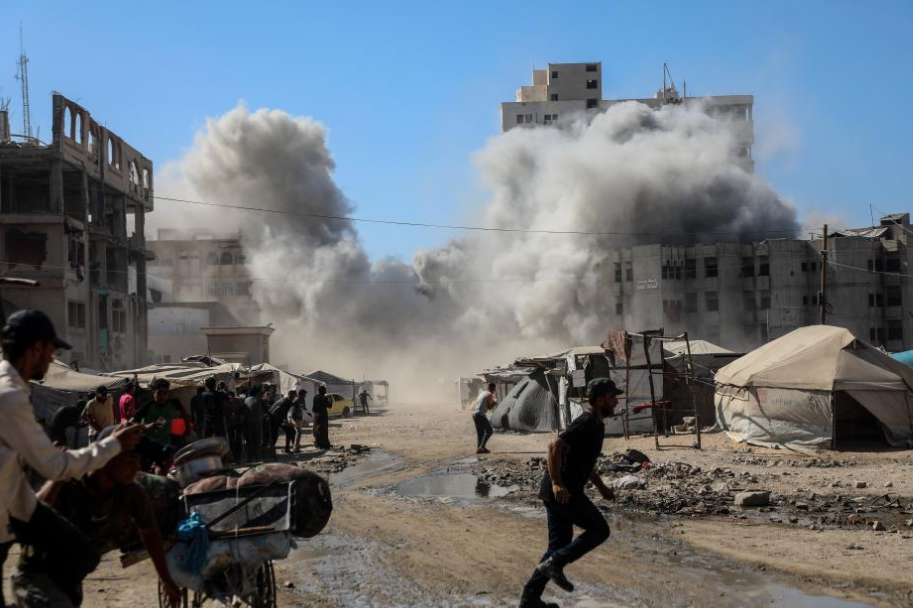Integration of African regions key to growth


With global boundaries closed and stringent measures put in place to curb the novel coronavirus, the African Union Commission and regional economic communities-the regional groupings of African states-are best placed to promote integration as the most pragmatic pathway to economic growth in Africa, and to drive transformative and collective integration in the post-COVID-19 era.
These regional communities are the surest pathway to ensuring peace and security, as well as good governance, in Africa.
Faced with challenges emanating from the changing nature of globalization, climate change and economic and political environments, African countries are still lagging in respect to capital inflows, GDP, living standards and per capita income.
Going back in history, regional integration became a pillar of Africa's development strategy. The African Union, formerly the Organization of African Unity, aimed to unite the continent and push for Africa's development.
For the continent to unite and develop despite differences in political, social and economic ideologies, the push for integration was key. This led to the formation of eight regional economic communities: the Community of Sahel-Saharan States, Arab Maghreb Union, Economic Community of Central African States, Common Market for Eastern and Southern Africa, East African Community, Intergovernmental Authority on Development, Economic Community of West African States and Southern African Development Community.
Under the umbrella of the AU, they were meant to ensure harmonization of tariff systems, and monetary, fiscal, and financial policies across various regional economic communities, create a common African market, and push for the establishment of a pan-African economic and monetary union.
Achieving this mandate means eradication of poverty and mitigation for economic meltdown during, and in the aftermath of, the pandemic.
Faced with a resource crunch that has pushed many African countries to the brink of civil wars and instability, the overlapping of mandates within these regional communities killed the dream of a united continent.
Furthermore, the aspect of countries or regions pursuing different goals within these communities with narrow and selfish economic interests has dampened the achievements of enhancing a broader vision that pushes for a united continent.
The AU's key role is to offer broader guidance and become an impartial mediator between different regional communities in case of any overlapping and competing mandates, especially regarding peace and security.
On the other hand, these communities are the building blocks for a stable social, political and economic African continent.
To ensure proper synergy between the AU and the communities, African leaders will have to go beyond abstract visions on paper and become more pragmatic and focused on executing the various mandates for different institutions.
Continental leadership and shared responsibilities are relevant for peaceful, equitable and sustainable societies.
The work of the AU and these regional communities should continue to be guided by the values on which they were founded, including promotion of peace, security, human rights, equality of all nations and the promotion of social progress and better standards of living.
Technology is an accelerator to enhancing better synergies in the AU and the regional communities for sustainable development. Digital technologies can drive efforts toward the United Nations' Sustainable Development Goals, especially given the limited and unequal progress of most African countries toward achieving these goals.
By harnessing the advantages of Sustainable Development Goal 9-building resilient infrastructure, promoting inclusive and sustainable industrialization and fostering innovation-we can make significant progress in delivering, measuring and optimizing on other SDGs, such as education, entrepreneurship, agriculture, healthcare and transportation.
As a continent, our aspiration in pushing for sustainable cooperation between the AU and regional communities is to promote better governance and sustainable development.
By harmoniously implementing individual mandates, the continent will be able to compete with Western and Asian countries in areas of trade; benefit more under the Forum on China-Africa Cooperation; open its boundaries and achieve development through the Belt and Road Initiative; and push for advantageous multilateral agreements.
The continent will be able to achieve the African Union's Agenda 2063, the blueprint for transforming Africa into a global powerhouse of the future, implement the African Continental Free Trade Area and reduce the ever-growing trade imbalance.
By improving cooperation between the AU and the regional communities, the issue of debt trap will be replaced with the notion of peaceful development and global multilateralism, making Africa the global epicenter for manufacturing and industrialization.
Amara Kallon is deputy minister of Sierra Leone's Ministry of Political and Public Affairs. Dennis Munene is a senior policy adviser at the Kenya-based Africa Policy Institute.

































